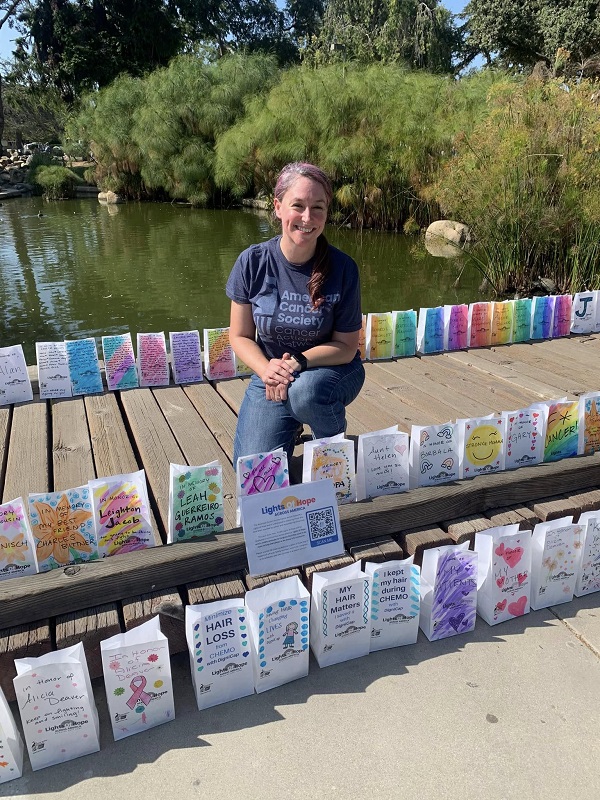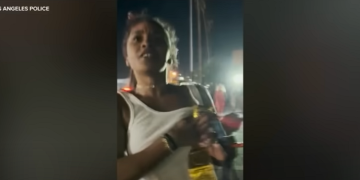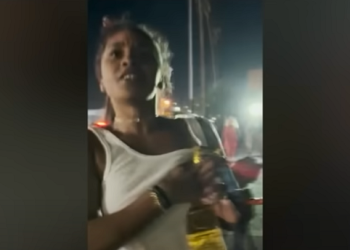
Director Steven Spielberg and USC President C.L. Max Nikias announced on April 25 the creation of a research center that will study how and why genocide occurs and what steps might be taken to prevent such mass violence.
The Center for Advanced Genocide Research will build on the work done over the past two decades by the USC Shoah Foundation, which has gathered testimonials of survivors and witnesses of the Holocaust and other genocides.
Spielberg, who founded the Shoah Foundation 20 years ago following the release of the Holocaust film Schindler’s List, said its work is “far from finished.”
“Now comes the next significant chapter, one that establishes the institute as one of the leading academic centers of excellence for the study of the Holocaust and genocides,” he said. “The potential is there for groundbreaking research.”
The Genocide Research center will be housed at the USC Dana and David Dornsife College of Letters, Arts and Sciences. Its work will encompass three areas:
– Resistance to Genocide and Mass Violence, focusing on acts of resistance and elements of defiance that can stop or slow a genocide;
– Violence, Emotion and Behavioral Change, studying the nature of genocide and mass violence and how they impact “emotional, social, psychological, historical and physical behavior;” and
– Digital Genocide Studies, examining how data and testimonials from the Shoah Foundation can identify patterns of mass violence and resistance to it.
Spielberg said every year it seems the work of the foundation is yet to begin.
“The world now has a beacon of hope in breaking the cycle that leads to mass violence,” Spielberg said.
Nikias said the center would preserve the 52,000 survivor testimonies in the archives and seek to find a way to end mass violence.
“We are honored to establish this vital center of scholarship and learning,” Nikias said. “The University of Southern California is and will always remain committed to creating a world freed from genocide. Through the Center for Advanced Genocide Research, we resolve to have a global impact on the real-world problem of genocide.”
Nikias said there are more than 106,000 hours of testimony, which “give voice to the voiceless and life to the lifeless.”
“They provide us with the tools to transform hatred and bigotry into tolerance and understanding,” Nikias said.





















